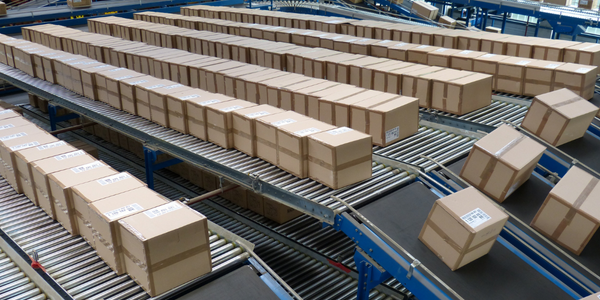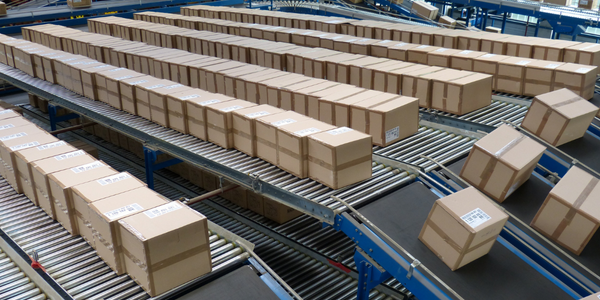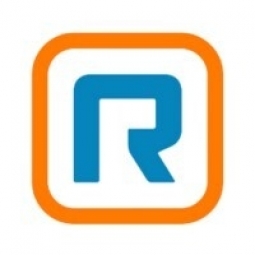Technology Category
- Application Infrastructure & Middleware - Data Exchange & Integration
- Application Infrastructure & Middleware - Middleware, SDKs & Libraries
Applicable Industries
- Packaging
- Retail
Applicable Functions
- Product Research & Development
- Sales & Marketing
Use Cases
- Intelligent Packaging
- Mass Customization
Services
- System Integration
About The Customer
SKS Bottle & Packaging is a medium-sized company with about 110 employees, founded in 1986 and headquartered in Watervliet, New York. The company supplies a wide variety of glass, plastic, and metal containers, as well as caps and closures to small businesses and large Fortune 500 companies alike. It provides personal care, cosmetics, perfume, salon and spa, food and beverage, medicinal, and household chemical product packaging to high-volume clients and small businesses. SKS also helps smaller businesses by repackaging the products it distributes into kits for low-volume businesses, offered at wholesale prices.
The Challenge
SKS Bottle & Packaging, a company that supplies a wide variety of containers to both small businesses and large Fortune 500 companies, was facing challenges with its on-premise PBX hardware. The company's website is a major sales channel, but phone service and support are also crucial to its operations. The old PBX system was logistically difficult to manage, especially when a phone extension needed to be moved to a different location, which required rewiring the building. As the business grew, managing the complex network of phone cables became increasingly burdensome. Additionally, the call statistics with the old system were inadequate due to consistently dropped calls and poor reporting. The company needed a more flexible solution with better reporting capabilities and tighter integration with the custom software SKS uses to run its business.
The Solution
SKS switched to RingCentral’s cloud-based phone service in search of more flexibility, better reporting, and tighter integration with its custom software. With the RingCentral Platform APIs, SKS was able to improve the responsiveness of its service and support operation and better monitor the performance of service team members. The company developed two integrations with RingCentral APIs. The first uses caller ID to look up customer records for incoming calls. The second, still under development, will deliver customized reports for sales and service managers. Both were programmed in PHP and integrated with the company’s homegrown system for managing customer, order, inventory, and shipping data. The custom reports will mimic RingCentral’s formatting and styling, but will be presented in the context of SKS’s own systems for managing its business.
Operational Impact
Quantitative Benefit

Case Study missing?
Start adding your own!
Register with your work email and create a new case study profile for your business.
Related Case Studies.

Case Study
Improving Production Line Efficiency with Ethernet Micro RTU Controller
Moxa was asked to provide a connectivity solution for one of the world's leading cosmetics companies. This multinational corporation, with retail presence in 130 countries, 23 global braches, and over 66,000 employees, sought to improve the efficiency of their production process by migrating from manual monitoring to an automatic productivity monitoring system. The production line was being monitored by ABB Real-TPI, a factory information system that offers data collection and analysis to improve plant efficiency. Due to software limitations, the customer needed an OPC server and a corresponding I/O solution to collect data from additional sensor devices for the Real-TPI system. The goal is to enable the factory information system to more thoroughly collect data from every corner of the production line. This will improve its ability to measure Overall Equipment Effectiveness (OEE) and translate into increased production efficiencies. System Requirements • Instant status updates while still consuming minimal bandwidth to relieve strain on limited factory networks • Interoperable with ABB Real-TPI • Small form factor appropriate for deployment where space is scarce • Remote software management and configuration to simplify operations

Case Study
Digital Retail Security Solutions
Sennco wanted to help its retail customers increase sales and profits by developing an innovative alarm system as opposed to conventional connected alarms that are permanently tethered to display products. These traditional security systems were cumbersome and intrusive to the customer shopping experience. Additionally, they provided no useful data or analytics.

Case Study
How Sirqul’s IoT Platform is Crafting Carrefour’s New In-Store Experiences
Carrefour Taiwan’s goal is to be completely digital by end of 2018. Out-dated manual methods for analysis and assumptions limited Carrefour’s ability to change the customer experience and were void of real-time decision-making capabilities. Rather than relying solely on sales data, assumptions, and disparate systems, Carrefour Taiwan’s CEO led an initiative to find a connected IoT solution that could give the team the ability to make real-time changes and more informed decisions. Prior to implementing, Carrefour struggled to address their conversion rates and did not have the proper insights into the customer decision-making process nor how to make an immediate impact without losing customer confidence.

Case Study
IoT Data Analytics Case Study - Packaging Films Manufacturer
The company manufactures packaging films on made to order or configure to order basis. Every order has a different set of requirements from the product characteristics perspective and hence requires machine’s settings to be adjusted accordingly. If the film quality does not meet the required standards, the degraded quality impacts customer delivery causes customer dissatisfaction and results in lower margins. The biggest challenge was to identify the real root cause and devise a remedy for that.

Case Study
Zenon the Ideal Basis for An Ergonomic HMI
KHS develops and produces machines and equipment for filling and packaging in the drinks industry. Because drinks manufacturing, filling and packaging consist of a number of highly complex processes, the user-friendly and intuitive operation of equipment is increasingly gaining in significance. In order to design these processes as simple as possible for the user, KHS decided to introduce a uniform, transparent and standardized solution to the company. The HMI interface should meet the requirement for people with different qualifications and enable them to work on a standard platform.








